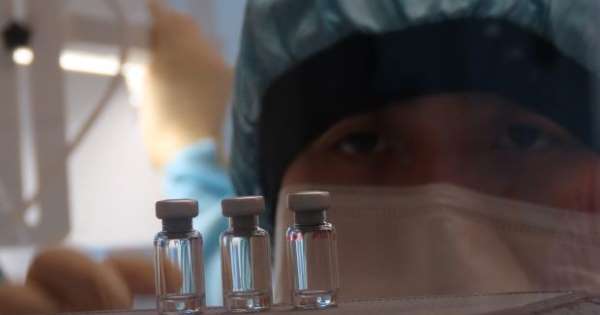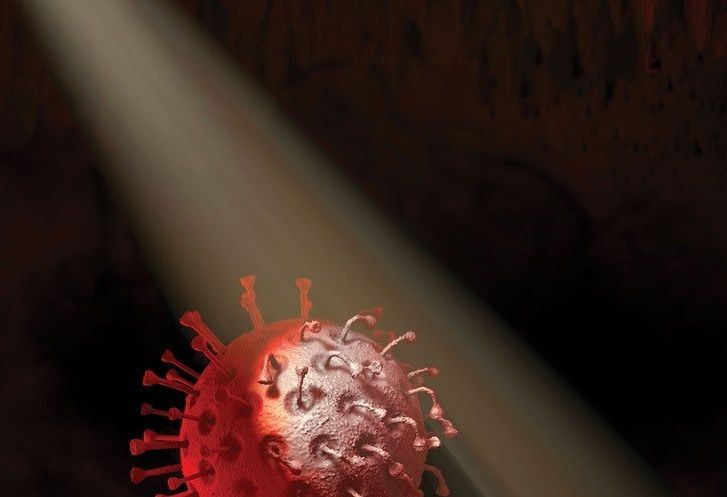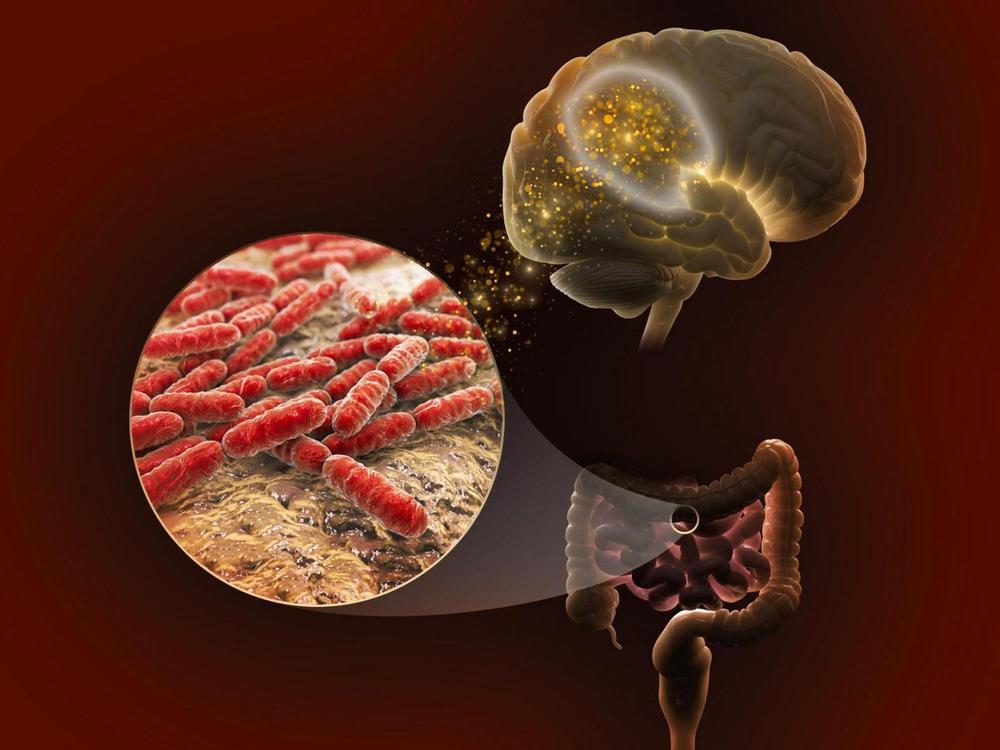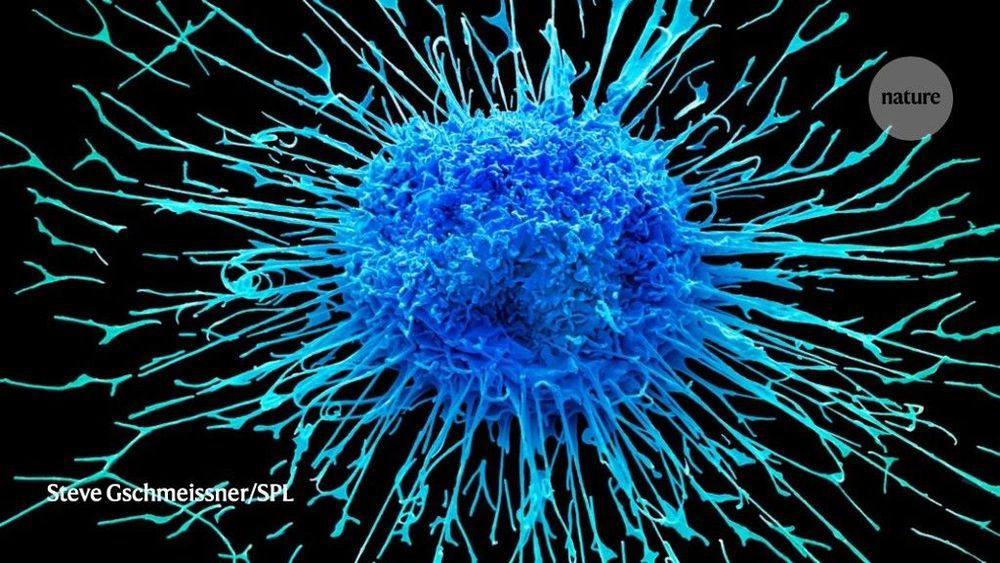Maria became the very first COVID-19 patient to use Stem Cell Neurotherapy for COVID-19. In about 5 days, she will began to feel the healing effects of generating new lung cells which will eliminate her breathing problems.
We repurposed some tools from the Stem Cell Therapy for Cancer/Brain Tumor. Those tools are T-Cells, B-Cells, and Natural Killer Cells. Instead of programming those cancer killing cells to attack cancer cells, we have programmed them to seek out, identify, attack, and destroy all the Coronavirus cells in the entire body.
Stem Cell Neurotherapy sends therapeutic messages, e.g., “your stem cells are transforming into new cells for the lungs, liver, and kidneys” to the DNA inside the nucleus of stem cells. Inside the nucleus, the DNA receives the message and transmits it to the RNA, which translates the message into genetic code.
The genes inside the stem cells transmit the coded message to the proteins, which are converted by the mitochondria into ATP, which provides the energy for the coded message to transform the stem cells into a new set of lung cells, as well as new cells for the kidneys and liver.
These new cells in the lungs, kidneys, and liver will replace the cells that were infected by the COVID-19 virus. This results in the elimination of the coughing, fever, headaches, diarrhea, and breathing problems.
I’m reaching out with great humility, like a great many people are these days, to see if anyone has it within their means to help me directly or indirectly. As an artist, teaching in the New York City school system mostly working children in ESL and Special Needs, my work is seasonal and I am an independent contractor. This means no benefits even after close to 10 years in the same “job”, and from a complicated financial situation with my husband, neither of us has health insurance, everything is out of pocket for us. I’m not eligible for unemployment due to being a contractor. My gigs for this semester totaling almost $5000 for NYC schools just evaporated in the blink of an eye, but would have covered the cost my everyday healthcare/rent/etc until September. Things like medicines and supplements, healthy food that help control my Essential Tremor(neurological disease) and anxiety and vision care that allow me to function as an artist and make a meager living will be eliminated if we want to keep a roof over our heads. And now due to restrictions in NYC, my husband could be out of work by tomorrow(also contract work with no-unemployment benefits). If you can donate even the smallest token it would be of great help. Any amount would help me to weather the next several months of the NYC lockdown. If you feel strange donating cash, please take a look at the reproductions of my art, or maybe even buy a gift card for someone that might like my art here: opticvoid.com






